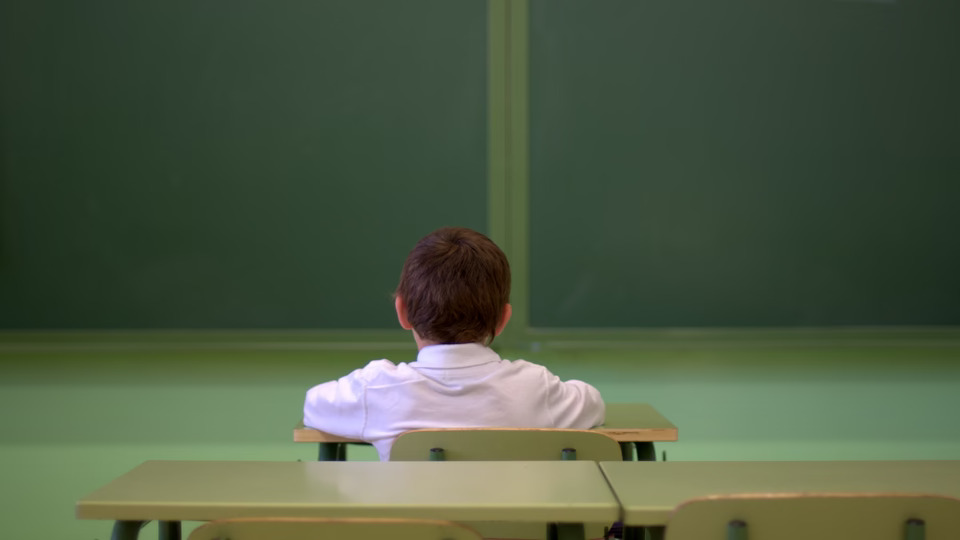The success of the Howard County Public School System is undeniable. Students in 2024 graduated high school 10% more than the national average and with GPAs that far exceed the majority of the country. More specifically at Marriotts Ridge, the class of 2024 had a 98.7% graduation rate, 93% had credit for a well-rounded curriculum and roughly 80% of students met or surpassed local standards for the level of academic proficiency. All this is to say that the curriculum works, and it works very well. There is, however, a quality of attending public school in Howard County that is less spoken about in quality reports and academic records: a pressure to succeed that narrows a student’s view of success and expands their perceived margin of failure.
Having spent the vast majority of our education in this system as students, we have encountered a multitude of practices that, on some level, signify a certain preoccupation with college from a statistical point of view and not a holistic one. By this, we mean an obsession with grades and extracurriculars that one believes will give the impression of a good student rather than the slow cultivation of a resume through the exploration of genuine passion.
Course selection allows students one of the widest ranges of classes that public schooling can offer, yet students often refuse to take classes which would lower their GPA. Sophomore Timothy Moon stated that he would “do a lot more [with music], but because they’re not 5.0 weighted I don’t usually take those classes.” Senior Benjamin Lee echoed this sentiment, expressing that “Last year I wanted to take anatomy, but it’s not a GT credit so I chose not to take it…I know a couple people that do that.” This system of GT and AP credits providing value towards certain classes, usually math and sciences, above others shape the student body’s perception of lesser valued classes as inherently lesser in content. This idea trickles down to parents that simply want to increase their child’s odds of success beyond high school.
Parents should not be discouraged from being active in their student’s education, as an involved parent is more likely to support positive growth in a student. The issue lies in an emphasis on students yielding results for the sake of appearances, as children inevitably begin to associate their grades with success. For middle schoolers, or even elementary schoolers, to feel as though they are not allowed to fail, even as kids, there is a clear indication of a culture that teaches an unhealthy mindset around learning and growth fixated on grades first. On the official HCPSS page for elementary school report cards, parents are encouraged to “Look at the report card as a whole rather than just the grades.” For a school system to find this necessary signifies experience with parents who examine the grade and not the content of their child’s education, and this does nothing but create an environment in which kids grow up taking shortcuts because they are stretched too thin between high level classes to truly process all that they are being given.
When looking at the rapid oversaturation of job markets like computer science and engineering, this narrow view of intellectual success may never even manifest amidst heightening competition. In a school system which pushes students to present as well as possible, it becomes increasingly important to consider the ramifications of allowing societal trends in the job market to influence student priorities. Foreign schooling, by comparison, does not always have the same variety of options that Marriotts Ridge has for students to explore, but places more emphasis on well roundedness and work-life balance.
Former foreign exchange student Mei Greer shared her experience at MRHS in comparison to the environment of her school in Germany, saying “One thing that surprised me was just how big the assortment of classes that you could pick from was. I mean, there are so many art classes, music classes, languages and even college classes that you can choose from.”
Greer also addressed the same topic relating to academic pressure in American high school, “there is a lot more pressure on kids in American schools because you need to get a certain GPA in order to get into certain colleges and get certain scholarships,” Greer stated. The commercialized image of students going through high school with ease and still being able to maintain a lively social life is fragmented by the reality that success in school is perceived as “having to be perfect in every subject,” Greer described.
The high school and college experience has changed and adapted through the years such that today, students are in the constant mentality that they have to excel academically to lead a successful life. The emphasis on academics has increased to the extent that the strict mindset of “making it to the next thing” has bled into college and events that take place afterward. It is encouraged that students remember to take the time to slow down and enjoy the aspects of life that add to genuine happiness rather than to blind themselves with the stressful fog of academic pressure.
Categories:
Productivity Culture at MRHS: Are Students Sacrificing High School for College?

More to Discover
About the Contributors

Claire Daly, Staff Writer
My name is Claire, and I am a junior. I am heavily involved in the performing arts and I enjoy different aspects of English, whether it be writing, speaking well, or reading. I also love classical music and film. If you see me around the school, most likely in front of the vending machines, don’t be afraid to say hello. I am looking forward to being a part of the school’s newspaper this year, and I hope you take a chance to read it.

Noah Journo, Staff Writer
My name is Noah Journo, and I’m a senior in my second year of journalism. I participate in track and field as a runner and a thrower, play cello in the orchestra, and participate in Tri M and Key Club. When I’m not at school, I love playing guitar or listening to music. I can’t wait to return to writing this year.







